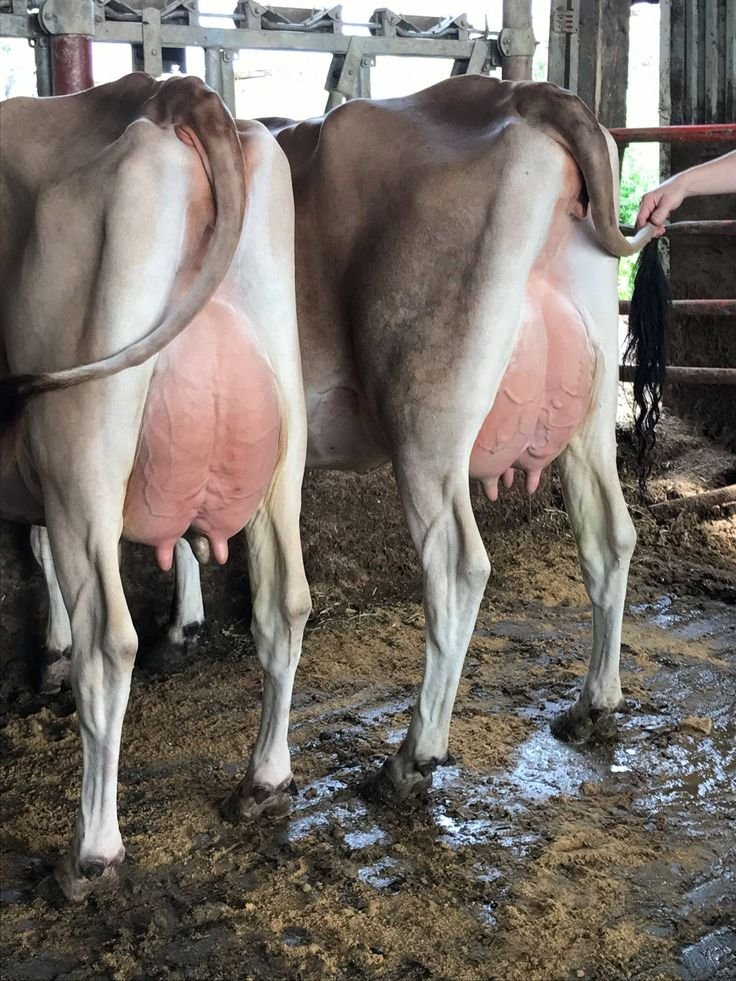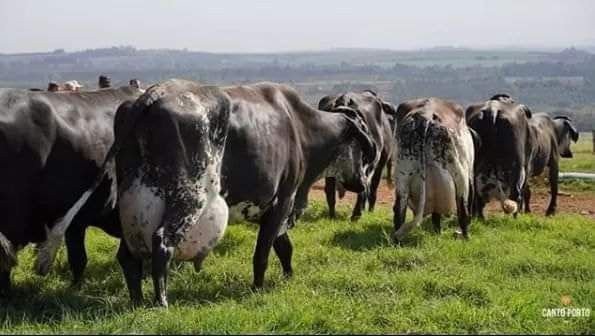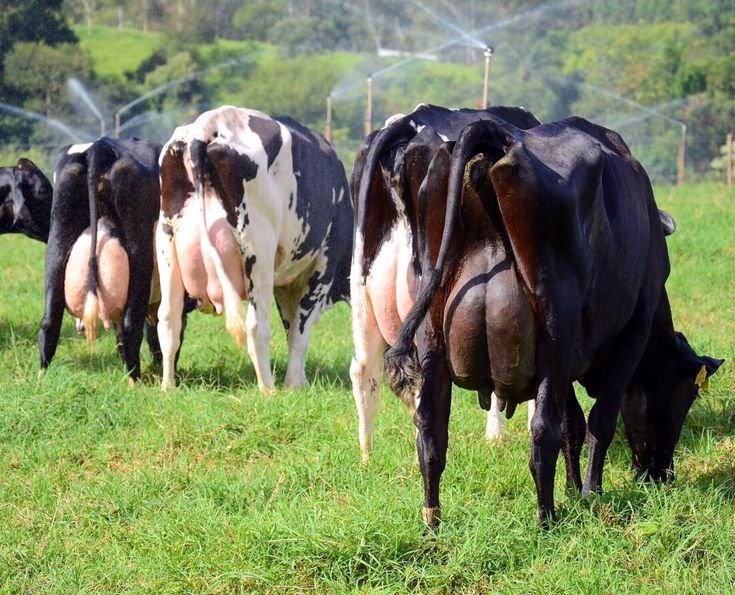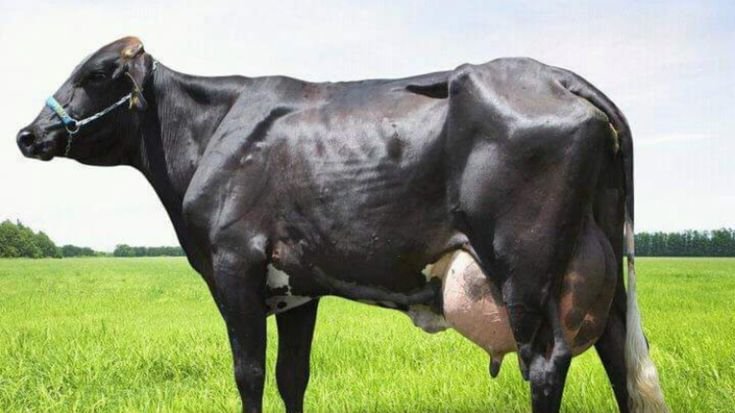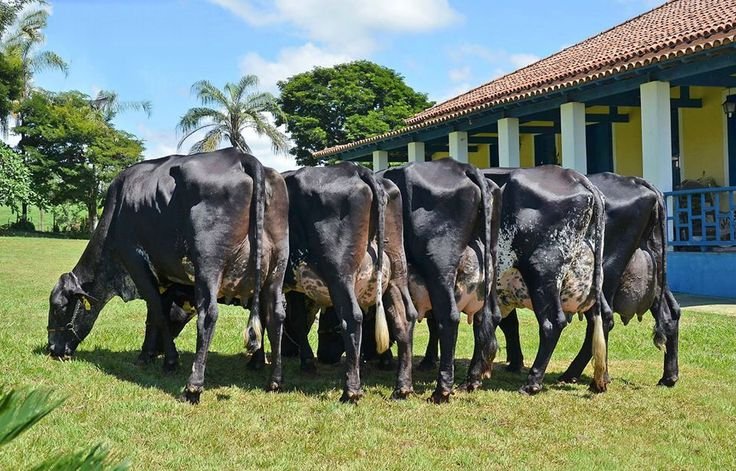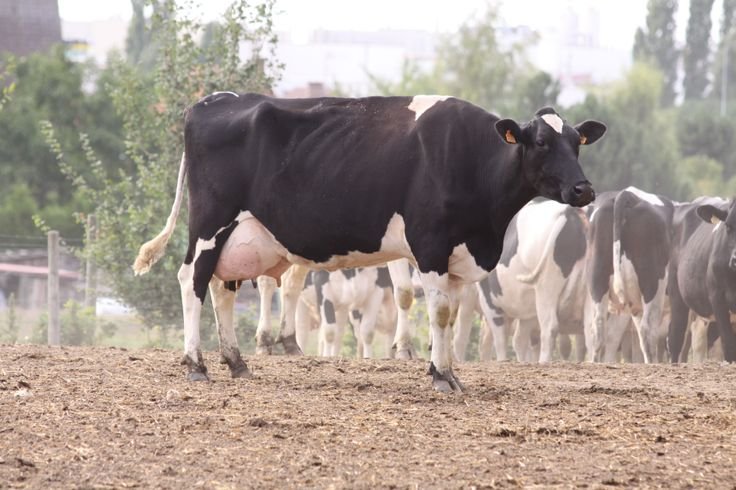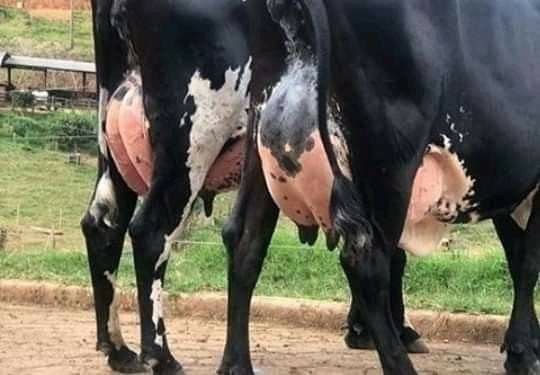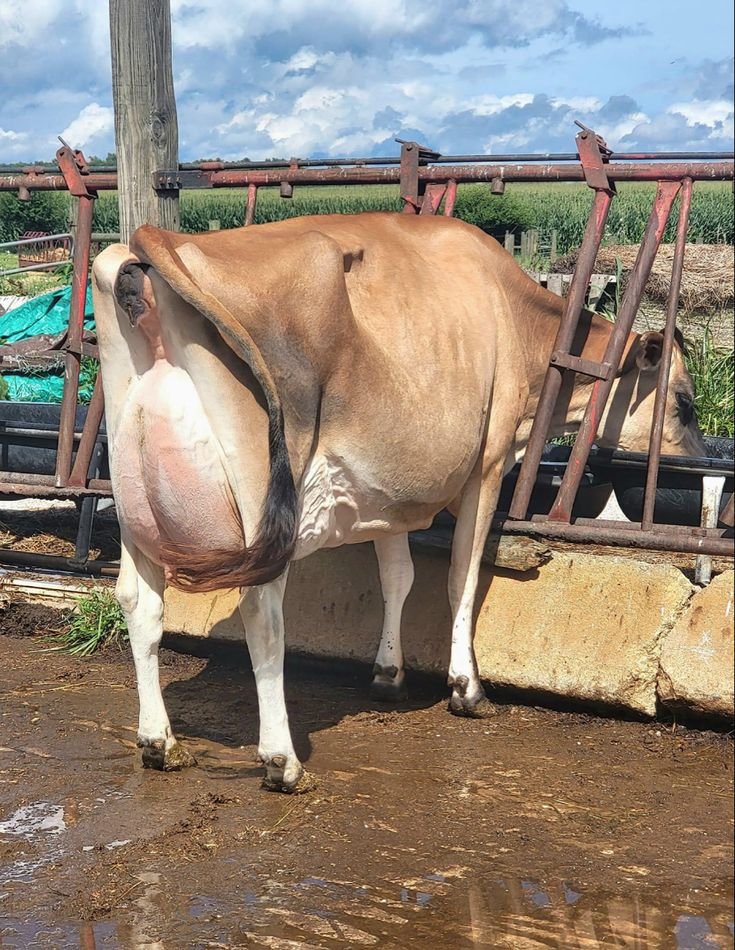Seasonal changes bring unique challenges for dairy farmers, from heat stress in summer to energy deficits in winter and humidity-driven diseases in monsoon. These factors directly impact milk yield, cattle health, and farm productivity. However, with expert nutrition tips and a strategic approach to feeding, farmers can overcome these hurdles and achieve dairy success year-round.
Seasonal Challenges in Dairy Farming
- Summer:
- High temperatures lead to heat stress, reducing appetite and milk production.
- Dehydration is common, affecting metabolic functions.
- Winter:
- Energy requirements increase for warmth, leaving fewer resources for milk production.
- Poor-quality forage availability can worsen nutrient intake.
- Monsoon:
- High humidity increases the risk of bacterial infections and feed spoilage.
- Wet forage often leads to digestive issues like acidosis.
Expert Nutrition Tips to Overcome Challenges
- Hydration is Key:
- In summer, provide clean, cool water and supplement with electrolytes to combat dehydration.
- Include hydrating feeds like fresh green fodder during dry periods.
- Balanced Energy Intake:
- Offer energy-dense feeds, such as oilseeds and grains, to maintain energy levels during winters.
- Use molasses and silage as additional energy sources.
- Probiotic Support:
- Add probiotics to improve digestion and nutrient absorption, especially during monsoon and summer.
- Minerals and Vitamins:
- Ensure calcium and phosphorus intake to strengthen bones and support lactation.
- Incorporate Vitamin A, D3, and E for immune support and overall health.
- Prevent Feed Spoilage:
- Use dry, well-stored silage and avoid contaminated or moldy feed during monsoon.
Role of Advanced Supplements
Specialized supplements ensure that cattle receive complete nutrition throughout the year.
- Ultra H:
Boosts milk production and maintains calcium balance for high-yielding cattle. - Sumo-Milk Gel:
Enhances milk quality and quantity through targeted nutrients. - Ultra Forte:
Provides essential vitamins and minerals, promoting immunity and bone strength.
These products help bridge nutritional gaps caused by seasonal challenges and keep livestock thriving.
Steps to Implement Seasonal Feeding
- Plan Ahead:
- Prepare silage and dry fodder in advance for monsoon and winter.
- Monitor Health:
- Keep track of body weight, milk yield, and signs of stress or nutrient deficiencies.
- Use Quality Feeds and Additives:
- Opt for balanced concentrates and trusted supplements like Ultra H for best results.
- Adjust Diet as Needed:
- Increase energy or protein intake based on the season’s demands.
Achieving Dairy Success
By addressing seasonal challenges with proper nutrition strategies, farmers can ensure:
- Consistent milk production year-round.
- Improved cattle health and immunity.
- Reduced impact of weather-related stress on dairy operations.
With a focus on advanced supplements and tailored feeding practices, farmers can turn seasonal challenges into opportunities for greater productivity.



